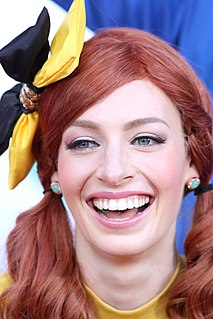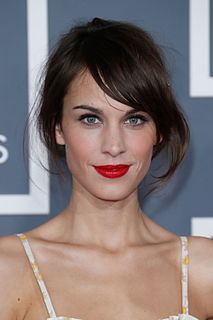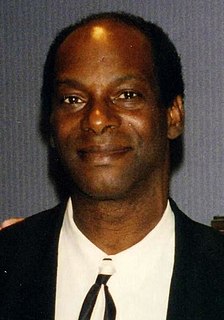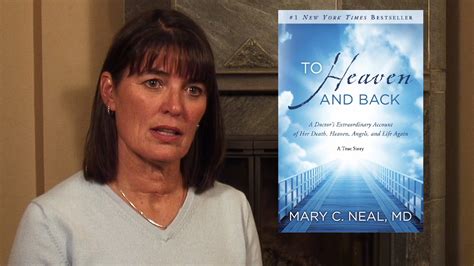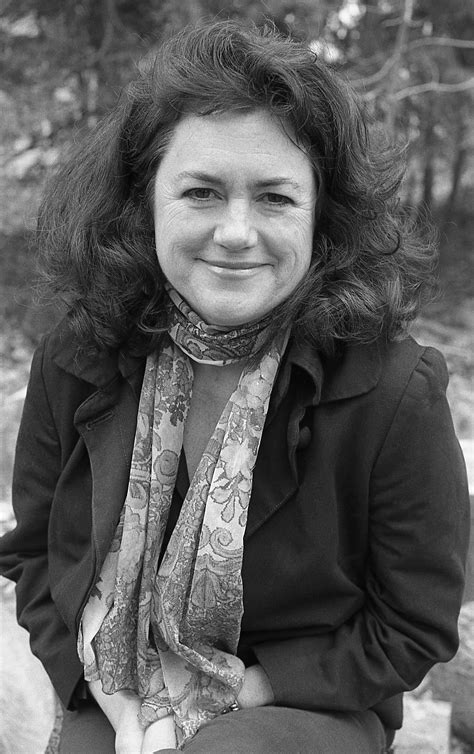A Quote by Louisa May Alcott
I don't pretend to be wise, but I am observing, and I see a great deal more than you'd imagine. I'm interested in other people's experiences and inconsistencies, and, though I can't explain, I remember and use them for my own benefit.
Related Quotes
Where people aren't as deeply reliant on fossil fuel as in the United States, it's far easier for them to imagine change on this scale. When you go to Europe, they're much more ready. They use half the amount of energy per capita that we use. They can imagine using less than that. They see the benefits. They're ready to go.
I feel as though I am trying to describe a three-dimensional experience while living in a two-dimension world. The appropriate words, descriptions, and concepts don't even exist in our current language. I have subsequently read the accounts of other people's near-death experiences and their portrayals of heaven and I am able to see the same limitations in their descriptions and vocabulary that I see in my own.
What I strive to do is to make the theater experience something that people remember and recall rather than dismiss because it was less like their everyday experiences. So, I'm less interested in internal emotionalism and much more in making the audience laugh and cry by the devices that we use as theater actors.
A curiously interested observer sees a great deal, a scientifically interested observer is worthy of all honor, and anxiously interested observer sees what others do not see, but a crazy observer sees perhaps the most, his observation is more intense and more persistent, just as the senses of certain animals are sharper than those of man.
I have learned that some people who look fine are more crippled than I am, by fears they can’t explain. Other people are held back by shyness, or anger. In making friends, I see the way some people handicap themselves. I believe there are choices each of us make every single day. We can dwell on our limitations or we can push ourselves past them.
Women believe -- or at least often pretend to believe -- that all our tenderness for them springs from desire; that we love them when we have not for a time enjoyed them, and dismiss them when we are sated, or to express it more precisely, exhausted. There is no truth in this idea, though it may be made to appear true. When we are rigid with desire, we are apt to pretend a great tenderness in the hope of satisfying that desire; but at no other time are we in fact so liable to treat women brutally, and so unlikely to feel any deep emotion but one.


